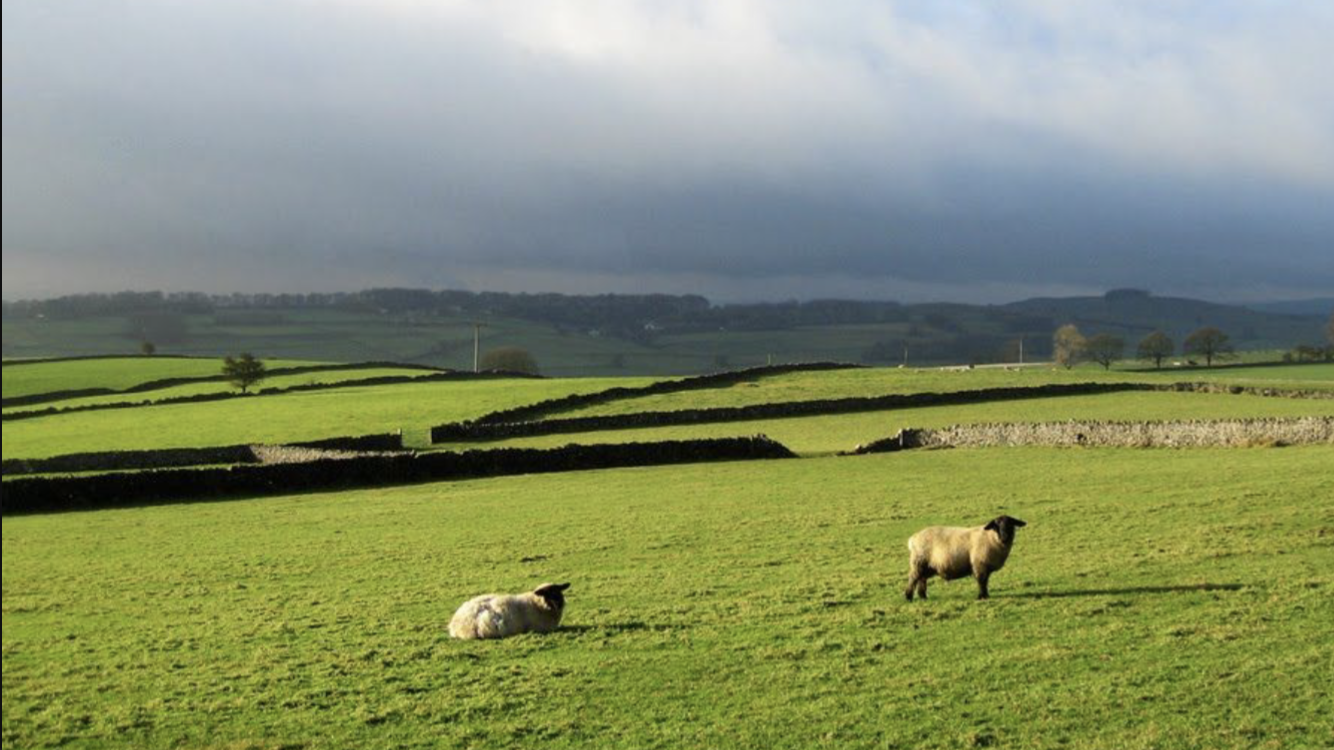Address
Chapel en le Frith, High Peak, Derbyshire
Work Hours
Monday to Friday: 9AM - 7PM
Weekend: 10AM - 5PM


Why the Labour Government’s Inheritance Tax Hike on Farmers Could Backfire
The Labour government’s recent decision to increase inheritance tax (IHT) on farmers has sparked outrage across rural communities — and for good reason. On the surface, the policy might seem like a straightforward way to boost tax revenue by targeting large estates. But if history and economic principles are anything to go by, this move could have quite the opposite effect.
In fact, the evidence suggests that higher inheritance taxes often suppress economic activity, discourage long-term investment, and ultimately shrink the tax base — leading to lower overall tax revenue. We don’t need to look far to see this in action: when Sweden abolished its inheritance tax in 2004, the results were remarkable. The country saw a surge in entrepreneurship, greater investment in family businesses, and an increase in overall tax revenues. So why would the U.K. choose to go in the opposite direction?
Let’s take a closer look at why this increase in inheritance tax on farmers could prove disastrous — not just for agriculture, but for the economy as a whole.
The Unseen Consequences of Taxing Farmers
Farming is unlike most other businesses. It’s asset-rich but often cash-poor, with the value tied up in land, equipment, and livestock. When inheritance tax rates rise, farmers often face an impossible choice: sell off parts of their land or assets just to cover the tax bill. This undermines the long-term sustainability of farms, leading to smaller, less productive holdings and, eventually, fewer family-owned farms altogether.
The consequences don’t stop there:
• Reduced Productivity: When farmers are forced to sell off land or downsize operations, agricultural output suffers. This drives up food prices and increases reliance on imports, weakening food security.
• Loss of Generational Knowledge: Family farms often pass down invaluable expertise and sustainable practices honed over decades. As more farms fall into the hands of large corporations or developers, that knowledge disappears.
• Weakened Rural Economies: Farming supports a vast network of local businesses — from equipment suppliers to markets and transport services. When family farms struggle, the entire rural economy takes a hit.
The Sweden Example: A Case for Lower Inheritance Tax
Sweden’s decision to abolish inheritance tax in 2004 offers a compelling case study. Before the change, inheritance tax had discouraged investment and led to the fragmentation of family businesses. Once the tax was scrapped, the opposite happened:
• Entrepreneurs felt more secure reinvesting profits into their businesses without fear of punitive taxation on their heirs.
• Family businesses thrived, leading to greater job creation and economic stability.
• Tax revenues from other sources increased as economic activity expanded.
The key lesson here? When people are confident that their life’s work won’t be dismantled by inheritance tax, they invest more in their businesses and their communities — generating greater prosperity and, ultimately, more tax revenue.
Why the Labour Government’s Approach Is Short-Sighted
By raising inheritance tax on farmers, the Labour government risks dismantling the very backbone of British agriculture. The move may bring a short-term uptick in tax receipts from forced land sales, but the long-term damage will likely outweigh any immediate gains. Here’s why:
• Shrinking Tax Base: As more farms are sold off or broken up, the number of productive agricultural businesses contributing to the economy — and paying taxes — will shrink.
• Lower Capital Investment: Farmers facing high inheritance tax bills are less likely to invest in modern equipment, sustainable practices, or expansion, leading to stagnation in agricultural productivity.
• Increased Reliance on State Support: As struggling farms go under, the government will likely face higher costs in rural support programs, counteracting any additional tax revenue.
A Better Way Forward
If the government truly wants to increase tax revenue while supporting economic growth, it should consider following Sweden’s lead and scrapping inheritance tax altogether. Short of that, exempting agricultural businesses from increased IHT would help preserve the U.K.’s farming heritage and ensure long-term productivity.
Encouraging investment, protecting generational knowledge, and fostering economic growth will do far more for the public purse than squeezing family farms for short-term gains. It’s time for a more thoughtful approach — one that values the long-term health of the agricultural sector and the nation’s economy.